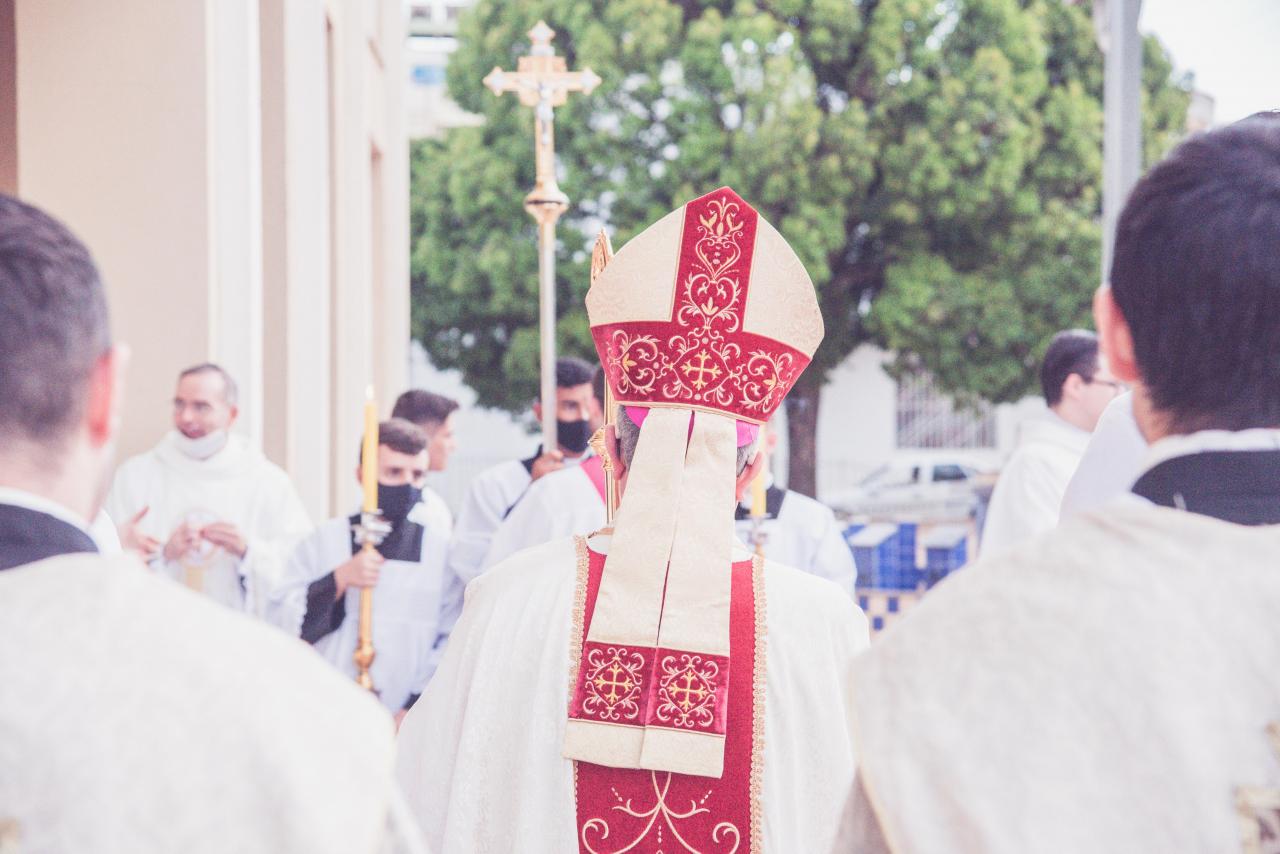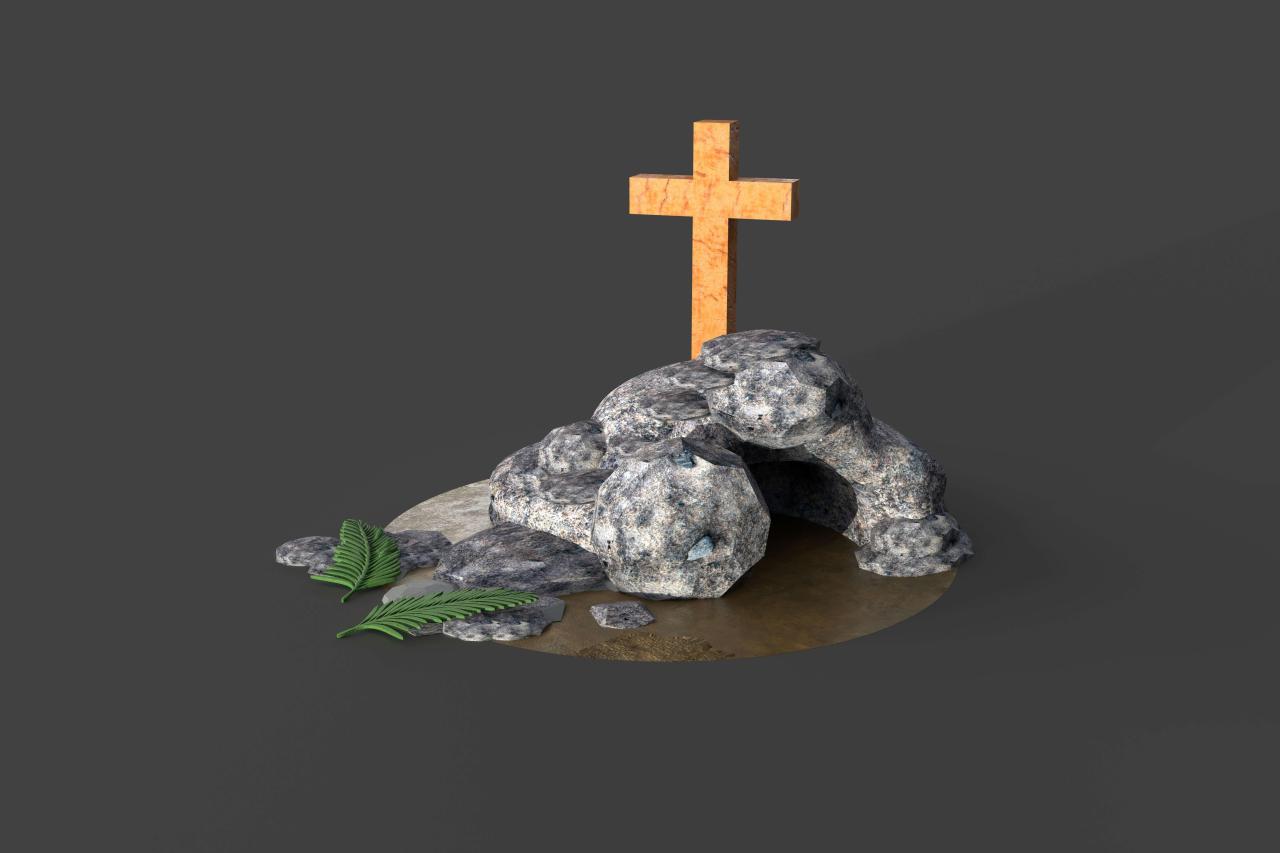Blog Search Results

9 results for medieval
found
within the Blog
3 displayed out of 9 (0.02seconds)Page 2 of 2

What does the word "Catholic" mean?
Posted by Luke J. Wilson on 8th March 2021 in Etymology | catholic,church fathers,church history,etymology,roman catholic,eastern orthodox,Great Schism,Muratorian Fragment
For many people today, non-Christians and (low church) Christians alike, when they hear the word “Catholic”, certain images spring to mind: the Pope, the rosery, Catholic school, big old churches buildings, choirboys, maybe monks or statues of Mary even; and sadly more recently, sex abuse scandals.
But, generally speaking, all of these are actually aspects of Roman Catholicism — a particular branch of Christianity, and not what the word “catholic” truly means as we’ll see when examining how the early church used the word and what the original Greek word means.
καθολικός (katholikos)
The Greek word where we get the English word “c...
Did St. Nicholas Really Slap Arius?
Posted by Luke J. Wilson on 21st November 2023 in Christmas | christmas,arianism,st nicholas,meme
...Moreover, medieval versions of the story describe Nicholas slapping, not punching, an Arian heretic (not specifically Arius). This action is portrayed as a medicinal slap or rebuke, aimed at bringing the individual back to his senses rather than expressing contempt or a desire to harm. In Greek iconography, this moment is celebrated.
Icon of St. Nicholas and Arius
In the original tale, however, Nicholas’s actions were not lauded at the Council; instead, he faced consequences. Reportedly, he was deprived of his mitre and pallium for striking the Arian heretic. A later version of the story, which identifies the heretic as Arius, amplifies Nicholas’s pun...
Does Easter Have Pagan Origins?
Posted by Luke J. Wilson on 22nd March 2021 in Easter | Easter,easter sunday,early church,church history,paganism,pagan roots,Ishtar,Eostre,fertility goddess
...singly, a medieval Christian tradition! During the Lenten fast during the Middle Ages, the restrictions on what you could or couldn’t eat came to rule out meat, dairy and eggs. This was first solidified as a rule at the Council in Trullo (aka the Quinisext Council) in AD 692:
It seems good therefore that the whole Church of God which is in all the world should follow one rule and keep the fast perfectly, and as they abstain from everything which is killed, so also should they from eggs and cheese, which are the fruit and produce of those animals from which we abstain.–Council in Trullo, Canon 56
Thomas Aquinas also writes about the dietary restrictions...

